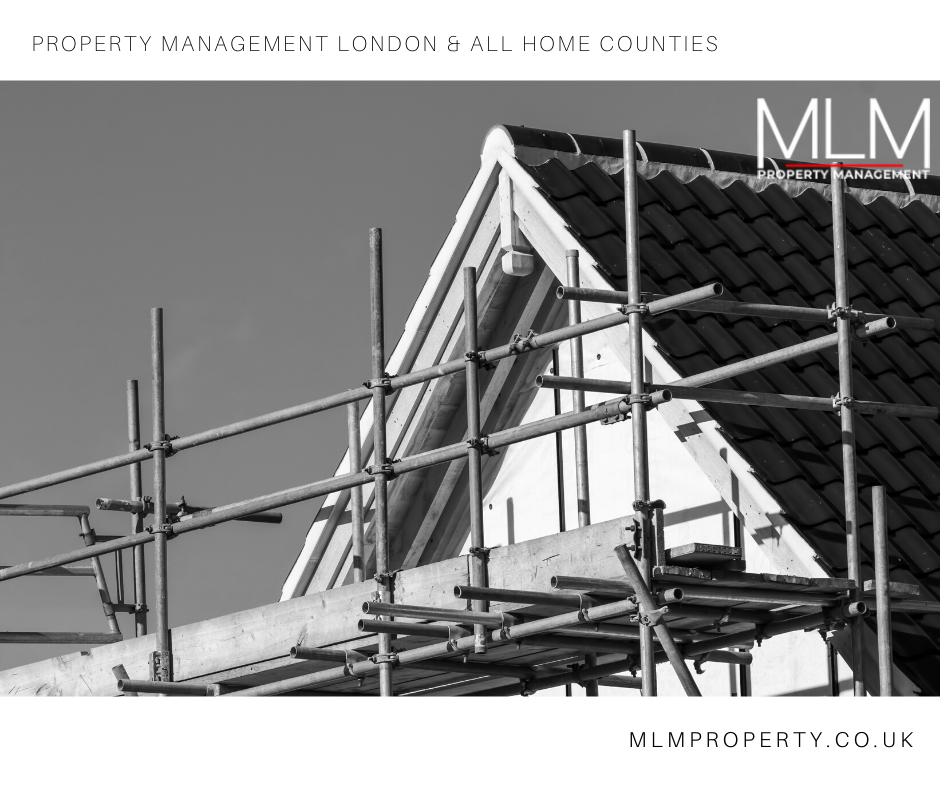
Block management involves the managing of blocks of flats with individual properties under the ownership of leaseholders. A company or individual manages the properties of the block.
This involves taking care of maintenance, looking after the communal parts of the building, taking care of service charge collection and more. Managers have legal responsibilities to handle as well as maintenance.
Portfolio landlords are looking for new ways to use their knowledge, all so extra income can be earned, so managing properties is becoming more popular. The following points will help you understand the laws covering block management and obligations if you’re a manager:
Knowing the Lease Terms
Oftentimes, individual flats in a block may have very different lease terms. As the manager, you will need to figure out what each owner is allowed to do, and what you must do for them. This is one of your first responsibilities as a block manager.
Lease Terms Enforcement
If any of your leaseholders breaches the terms of their lease, such as making unauthorized changes to the property, as well as possibly sub-letting through a company like Airbnb, you will have to address the issue.
Handling Insurance
In each case, the owners’ service charge should include the contribution to the building’s insurance for the entire block. You will need to inform the insurer about the state of a few things, specifically:
The number of owner-occupied flats
The number of rented-out flats
The kinds of tenants living on the premises
These simple questions will help you get the right insurance coverage for your specific situation.
Health and Safety Inspections
As the building manager, it will be your responsibility to ensure the site is always in compliance with health and safety regulations. You will also need to follow maintenance work only carried out by approved contractors.
Fire Safety
You will be responsible for risk assessment and you need to cover all the fire safety measures your building needs for communal areas. This includes alarms, extinguishers, fire doors and more. The best way to get this done is to have a visit from a professional fire safety representative. This will give you the assessment and the exact specifications of what needs to be changed.
Routine Inspections of the Premises
You have to schedule regular inspections of all communal areas, both inside and outside your building. This is necessary to ensure the building is in good condition and that nobody violates the terms of their leases.
Keeping Records
The more detailed, the better. It will be your responsibility to keep those records regarding work done on the building, inspections, payments made and so forth.
Accounting Responsibilities
The block manager is also responsible for collecting service charges, ground rent, budgeting your management account, resource allocation and more. Ensuring the accounts are prepared for your shareholders of the block falls under this point. Management companies benefit from appointed accountants in this case.
Section 20 Notice
This is something that needs to be carried with certain building works, with the cost of each individual leaseholder being no more than £250. There is a consultation procedure in three steps that the manager needs to follow in such cases. If this isn’t done properly, you as the manager will be liable for the cost of the works, over £250 per leaseholder, so keep that in mind.
Keep Up to Date with the Law
You need to ensure you know about any changes in legislation and amendments to the existing laws that may affect the block and your management work, so don’t underestimate that.
© MLM Property Management

 Log in with Facebook
Log in with Facebook 








